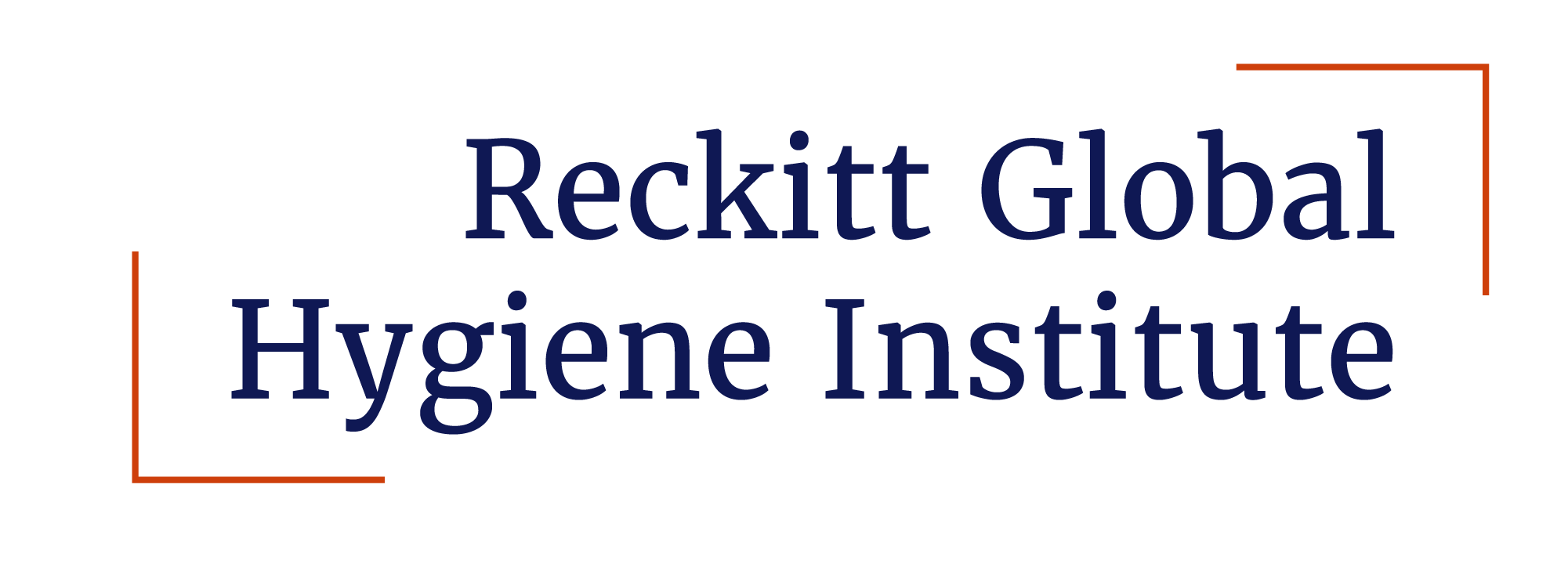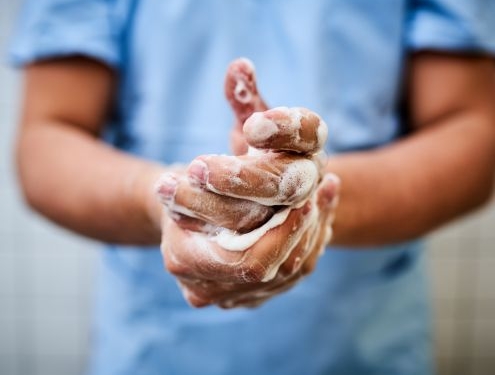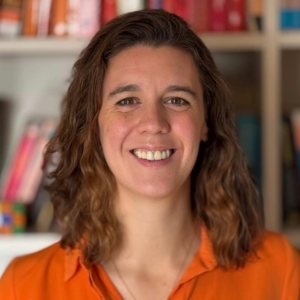Building Research Capacity in Hygiene: A Path to Decolonising Public Health
21 May, 2025
At the Reckitt Global Hygiene Institute (RGHI), we are reflecting on the urgent need to strengthen research capacity in hygiene as a critical step toward building a more equitable global health landscape.
Decolonising Hygiene Research: Beyond Rhetoric
For too long, the hygiene research landscape has reflected broader inequities in global health. Research agendas, funding priorities, and intervention designs have predominantly flowed from high-income countries to low- and middle-income settings, often with limited input from the communities most affected by hygiene-related challenges.
This isn’t just an ethical issue—it’s a practical one. When research priorities are set without meaningful engagement from affected communities, we risk developing interventions that fail to address local realities. The result? Hygiene solutions that look promising in controlled settings but struggle to gain traction where they’re most needed.
Turning the Tables: Capacity Building as Genuine Decolonisation
There’s a bitter irony in global health: the regions bearing the heaviest burden of hygiene-related illness often have the least say in research priorities. It’s not a skills deficit—it’s a power deficit, rooted in colonial legacies that continue to shape who gets to ask questions and who merely provides data.
True decolonisation isn’t about tweaking the current system. It’s about fundamentally reshaping who leads research, who sets agendas, and whose knowledge is valued. When researchers from communities affected by poor hygiene conditions lead investigations, we see different questions being asked—questions that reflect lived experiences rather than external assumptions.
A researcher from Nairobi or Dhaka brings contextual understanding that no external expert can match, no matter how well-intentioned. They navigate local power structures, understand cultural nuances, and can identify practical constraints that might render otherwise promising interventions ineffective. Put simply, they know what will work because they know their communities.
Equity and decolonisation must be more than aspirational concepts, they should guide how we operate every day. For us, this means moving beyond token inclusion toward genuine transfers of decision-making power and resources.
It’s Not Just About Money: Rethinking What Capacity Really Means
At RGHI, we have learned that meaningful capacity building extends far beyond financial support. Money matters, obviously, but without addressing the underlying systems that determine who thrives in research environments, additional funding can sometimes reinforce existing inequities rather than challenge them.
Take our Fellow Sheillah Simiyu, whose work on hand hygiene in Kenyan settlements reveals what’s possible when researchers have the right support ecosystem. “The support, especially the research funding that made this study possible, is something I doubt I could have accessed elsewhere,” she noted. But equally important was the leadership training, stakeholder engagement opportunities, and networks her fellowship has provided.
During her fellowship, Simiyu has been promoted to Research Scientist—a transition that positions her to mentor other local researchers and shape future research agendas. This multiplier effect—where one supported researcher builds capacity in others—is where the real transformation happens. It’s messy, non-linear work that doesn’t fit neatly into grant cycles or logical frameworks, but it’s where genuine change takes root.
Structural Challenges Require Structural Solutions
The barriers to building hygiene research capacity are systemic and require coordinated responses. These include:
- Institutional capacity gaps: Many research institutions in LMICs lack the administrative infrastructure to compete for and manage large grants, creating a cycle where funding continues to flow to already well-resourced institutions.
- Career pathway limitations: Without clear progression opportunities, talented researchers may leave the field for more stable careers, creating a persistent brain drain.
- Disciplinary silos: Hygiene research requires collaboration across epidemiology, behavioural science, engineering, economics, and other fields—yet barriers between disciplines often remain rigid.
- North-South research power dynamics: Traditional funding models can reinforce imbalanced partnerships where researchers from high-income countries lead while LMIC colleagues serve as data collectors rather than equal collaborators.
Addressing these challenges requires funders to reimagine how research is supported. This means evaluating candidates relative to their opportunities and career stage, not against a single standard that might disadvantage those with limited resources. It means building flexible support systems and mentorship networks that span institutions and countries.
The Uncomfortable Reality of Being a Funder
Let’s be frank—as a funder based in a high-income country, we’re acutely aware of the power imbalances inherent in our work. While we’re not a massive organisation by global standards, we still represent a dynamic that has troubling historical roots.
We’ve had uncomfortable but necessary conversations about this. How do we conduct robust due diligence without imposing bureaucratic burdens that smaller institutions can’t shoulder? How do we maintain high research standards while recognising that the traditional markers of “excellence” often reflect privilege rather than potential? These aren’t theoretical questions—they’re practical challenges we grapple with daily.
When reviewing applications, we’ve found ourselves questioning our own assumptions. Is our definition of “research quality” shaped by Western academic conventions? Are we inadvertently perpetuating systems that prioritise certain types of knowledge over others?
Our approaches continue to evolve as we learn. We’re working to ensure that our review panels include diverse perspectives, particularly from regions where hygiene challenges are most acute. And we’re increasingly focused on supporting not just individual researchers but the institutions and networks they’re part of.
The Path Forward
Now is the time to rethink how we build hygiene research capacity in ways that genuinely advance the decolonisation of public health. This requires:
- Investing in people, not just projects: Building a diverse pipeline of hygiene researchers through fellowships, mentoring programmes, and leadership development.
- Strengthening institutional capacity: Supporting research institutions in LMICs to develop the systems and infrastructure needed to secure and manage research funding.
- Fostering South-South collaboration: Creating platforms for researchers across LMICs to share knowledge, methodologies, and innovations without always routing these exchanges through high-income country institutions.
- Bridging research and policy: Equipping researchers with the skills to effectively communicate their findings to policymakers and advocate for evidence-based hygiene interventions.
- Measuring what matters: Developing metrics that capture not just research outputs but the growth in capacity, collaboration, and policy influence that signifies lasting change.
Conclusion: A Call to Collective Action
Building research capacity in hygiene is not the responsibility of any single organisation. It requires coordinated action from funders, research institutions, governments, and civil society. We invite partners across the global health ecosystem to join us in reimagining how hygiene research is supported and sustained.
By investing in the next generation of hygiene researchers, particularly from regions where hygiene-related disease burden is highest, we move closer to a world where quality hygiene is not a privilege for some but a reality for all. This is not merely about producing more research—it’s about transforming who conducts research, how it’s conducted, and ultimately, how it translates into healthier communities worldwide.
Together, we can build a more equitable research ecosystem that places the expertise and needs of affected communities at the centre of global hygiene efforts—making tangible progress toward decolonising public health and creating a healthier world for all.
Emily Giles, RGHI Operations and Communications Manager




 COVID-19 testing by World Bank / Henitsoa Rafalia (CC BY-NC-ND 2.0, https://creativecommons.org/licenses/by-nc-nd/2.0/)
COVID-19 testing by World Bank / Henitsoa Rafalia (CC BY-NC-ND 2.0, https://creativecommons.org/licenses/by-nc-nd/2.0/)